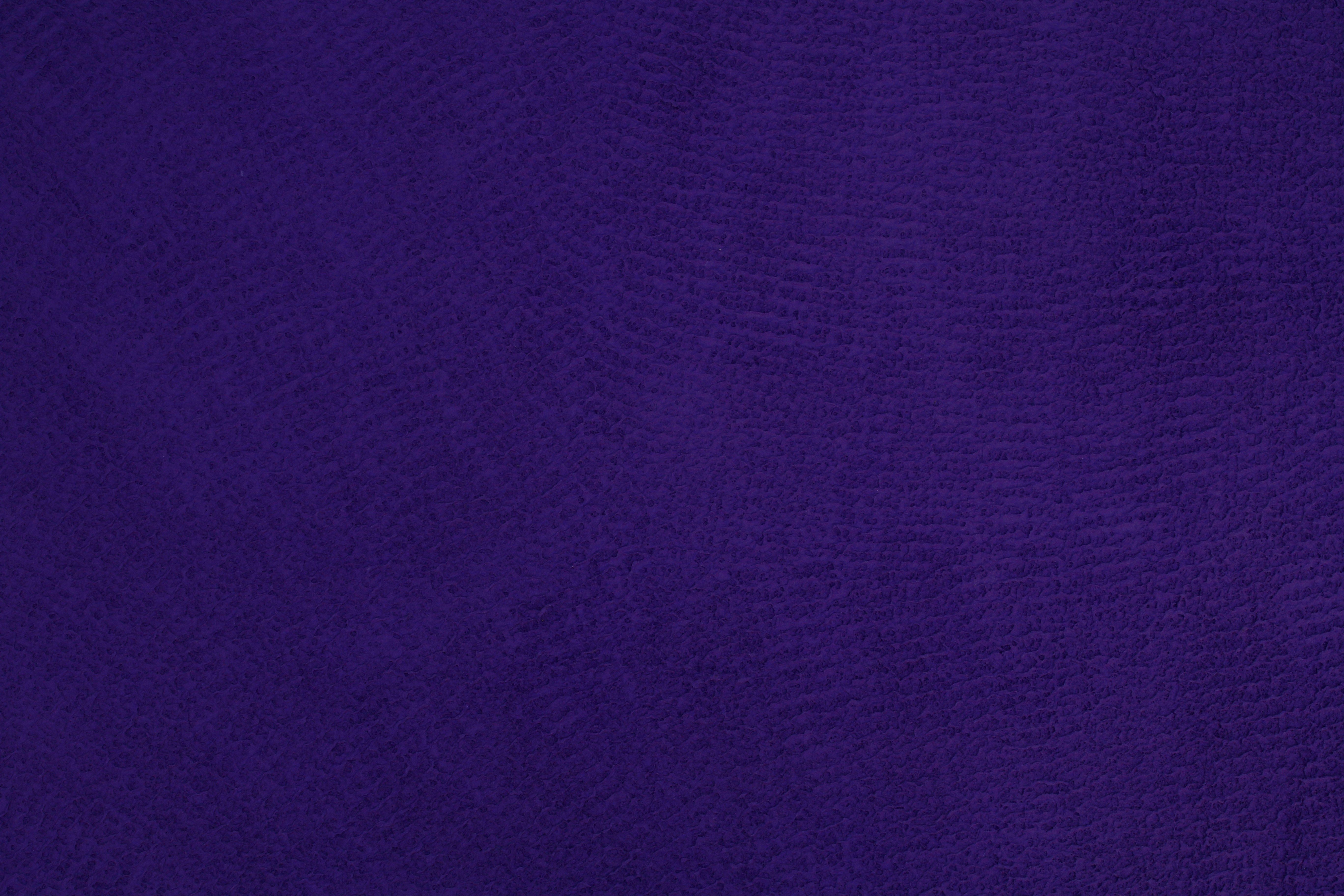Upon Russia's diplomatic move, the Eurovision Song Contest undergoes a sweeping reformation: LGBTI* and Ukrainian flags have already been prohibited.
Headline: Eurovision Clean Sweep After Russia Withdrawal: LGTBQ* and Ukrainian Flags Now Prohibited for Artists
The European Broadcasting Union (EBU) has been in hot water lately, with Russia leaving the Eurovision contest in a dramatic fashion. From denying entry to disabled artist Yulia Samoylova to reducing Polina Gagarina's scores, and the unlawful banning of participants for the 2022 contest, it was only a matter of time before Russia called it quits. Even the Russian audience demanded a boycott, leaving the contest high and dry.
North Star
It's a loss for the contest, with a staggering one-stroke loss of 12 million viewers and the departure of one of its key financial supporters, who paid 500,000 euros annually for participation (unpaid Russian fees were redistributed to other participants). Sorry about that!
In the absence of Russia, we've cooked up our own vocal competition, "Intervision," slated for the fall.
The New Order
With improved relations between Moscow and Washington, Old Europe seems to be awakening, and EBU has made some interesting decisions. The latest being a ban on aggressive advertising of marginalized sexual communities and countries embroiled in conflicts – such as Ukraine.
The representative of Eurovision explained, "We wanted to find a balance to ensure that our viewers and artists can express their enthusiasm and identity, while also providing greater clarity for delegations regarding official spaces." Now, artists will not be able to use LGBTQ* flags and solidarity flags with other countries, like Ukraine, during official Eurovision platforms, except the audience sectors. Particularly, participants will only be allowed to use one national flag issued by the Swiss broadcaster, SRG SSR.
Controversy Galore
As always, Eurovision is never short of scandals. This year is no exception, with Maltese singer Mariana Conte banned from performing her song, "Kant," due to perceived profanity in the chorus. The word "kant," in Maltese, means "song," but sounds similar to a derogatory term in English. The organizers seem to have their sights set on Irish singer Emmy and her song, "Laika Party," which is dedicated to the Soviet space dog, Laika, and written by Larisa Vil'danova, a Russian author.
The Show Goes On
This year's Eurovision will take place from May 13 to 17 at the Saint Jakobshalle concert hall in Basel, Switzerland. The host country upholds freedom of expression, allowing fans to bring any flag into the arena, as long as it complies with Swiss law. The show will be hosted by a female trio, symbolizing Swiss values of openness, diversity, multilingualism, and unity. Thirty-seven countries will participate, including those who have previously tried their luck, such as Poland, Montenegro, and Moldova, who have opted out of the show this year. Russia will be skipping the contest for the fourth consecutive year.
[1] - Eurovision flag policy for artists[2] - Eurovision flag policy for audience[3] - Swiss law on flag display[4] - Interview with Eurovision representative
- The European Broadcasting Union (EBU) faced criticism after Russia's withdrawal from the Eurovision contest, leading to a downgrading of viewership by 12 million and a lost key financial supporter.
- In the absence of Russia, Eurovision has announced a new vocal competition, "Intervision," planned for the fall.
- With improved relations between Moscow and Washington, EBU has implemented new rules, including a ban on aggressive advertising of marginalized sexual communities and countries embroiled in conflicts – such as Ukraine – during official Eurovision platforms.
- The controversy surrounding Eurovision continues this year, with Maltese singer Mariana Conte banned from performing due to a perceived profanity in her song, and Irish singer Emmy facing scrutiny for her song dedicated to the Soviet space dog, Laika.
- Despite the flag policy for artists in place, fans at this year's Eurovision, taking place from May 13 to 17 in Switzerland, will be allowed to bring any flag into the arena as long as it complies with Swiss law.






